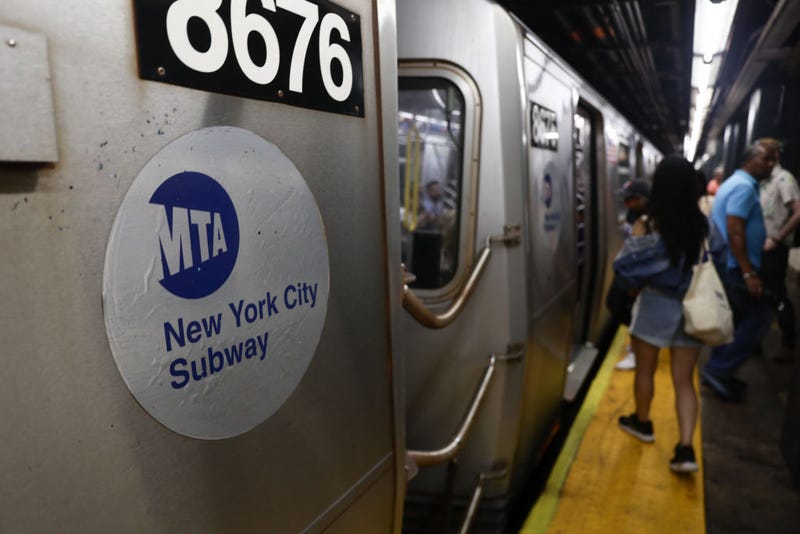
NEW YORK (1010 WINS) — The MTA is broke, according to a report published by New York State Comptroller Thomas DiNapoli on Wednesday.
Following a period of brief financial stability that can be attributed to an infusion of state funds last year, the transit agency’s finances are in dire straits, with projected budget gaps starting at $211 million this year and increasing to $652 million in 2028.
DiNapoli said that these gaps could widen even further if various budget risks come to pass.
“[The MTA’s] financial condition has quickly turned from stable back to uncertain,” DiNapoli said. “Paid ridership is not coming back as fast as the MTA hoped. With farebox and tax revenues down, a pause on congestion pricing and other financial risks, significant operating budget gaps could again be on the horizon. This is a very real and troubling possibility.”
Subway ridership is 70% of what it was pre-pandemic, and the MTA’s consultant, McKinsey, is predicting that it will only reach 80% by the end of 2026, much lower than an earlier prediction of 86% by the end of 2024.
This, in addition to car travel reaching new records in the city and the cost of MTA overtime and fare evasion, has taken its toll on the transit authority, DiNapoli said.
“There are major funding holes. There are a lot of big uncertainties if we don't deal with the funding for the capital plan that's created by the pause of congestion pricing,” the comptroller told 1010 WINS.
Without the expected funds from the congestion pricing tolling plan—which is indefinitely paused—the current capital plan has $15 billion that is unaccounted for. Another $33 billion that was approved for the 2025-2029 plan is also unidentified.
At an event on Wednesday, MTA Chairman and CEO Janno Lieber said that the transit authority is aware of these financial risks and managing them, so it doesn’t have to cut service, increase fares or turn to the state.
“We also have been, you know, fighting for making sure that the capital plan is fully funded, so we don’t have to engage in excessive borrowing,” Lieber said.
The chairman also noted that the MTA budget is lower than it was pre-pandemic.
According to DiNapoli, the MTA is relying on funding from the state budget to be approved in the upcoming legislative session, an outcome that “will have implications for capital investment and on maintenance and debt service costs.”
DiNapoli’s report warns of multiple financial risks that could affect the MTA, like an economic slowdown and a decrease in the collection of real estate-related taxes over the next several years due to low commercial real estate activity in NYC.
If the loss of revenue prompted by the pause on congestion pricing is not resolved, and if other risks arise, DiNapoli said that the budget gap could even climb to $3 billion in 2028.
“The comptroller’s talking about real stuff, but it’s the same stuff that we have been both identifying because we’re open, we’re open book, and also issues that we’ve been attacking,” Lieber said.
